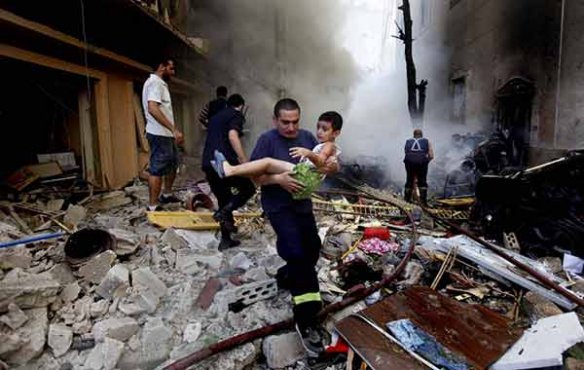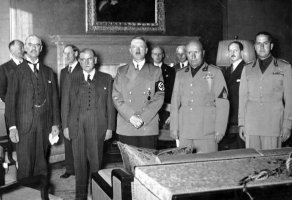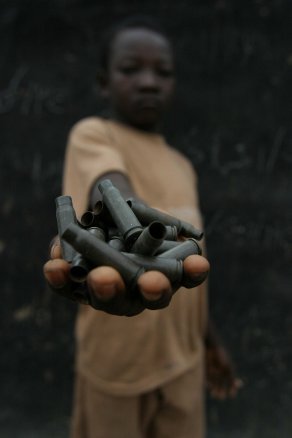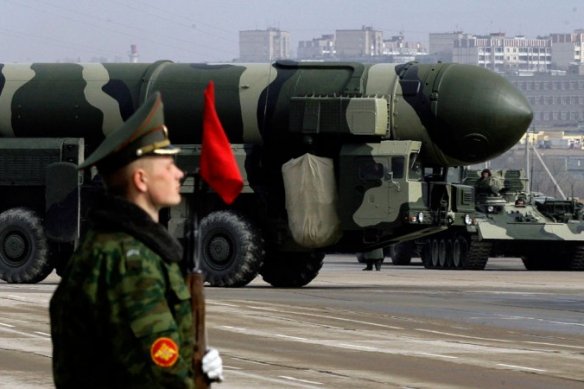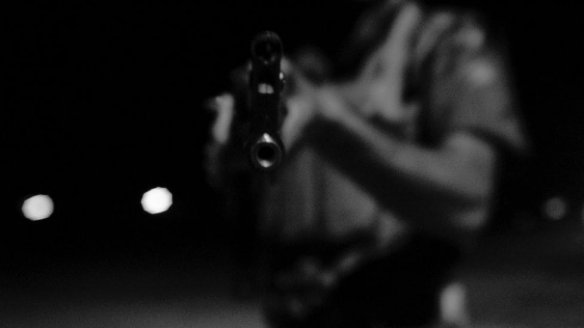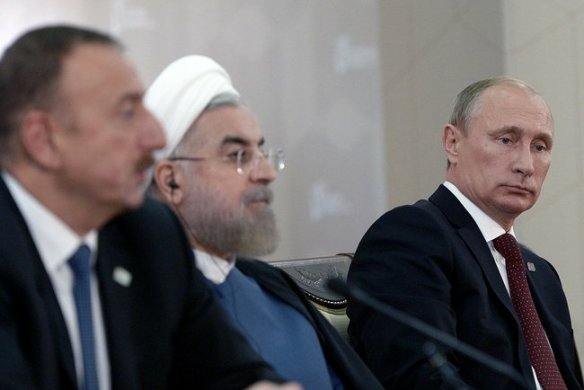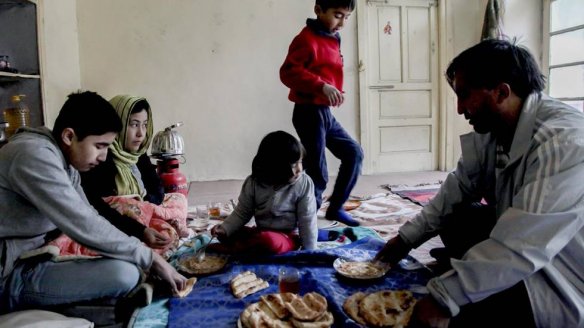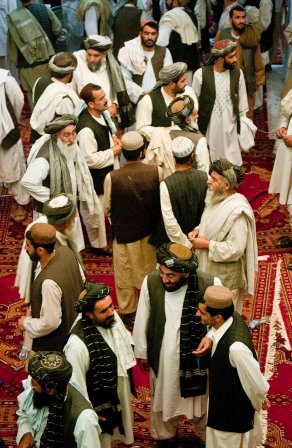In general, religious actors are not perceived as possible contributors to civil society. In Afghanistan, where religion permeates society and politics, and where religious leaders and networks bear considerable influence, this is particularly problematic. There is a need for a thorough rethink of what civil society is, and the role of religion within it. While knowledge is deficient in vital areas, what we do know merits a thorough reorientation of policy and practice.
Religious actors are under double pressure. The Taliban, as the main armed opposition, see Islam as their main source of legitimacy. Religious leaders who express support for the government, or who declare their neutrality, are subject to pressure and, not infrequently, assassination. The government and their international allies, on the other hand, are deeply suspicious of religious authority, which they tend to associate with traditionalism and backwardness, if not with radical militancy. Given the immense politicization of religion in Afghanistan, both historically and during the last three decades of war, this is not surprising. But, Islam remains a strong force in Afghan society, and current policies tend to radicalize large parts of the religious leadership, hence strengthening the militant opposition.
Read More

